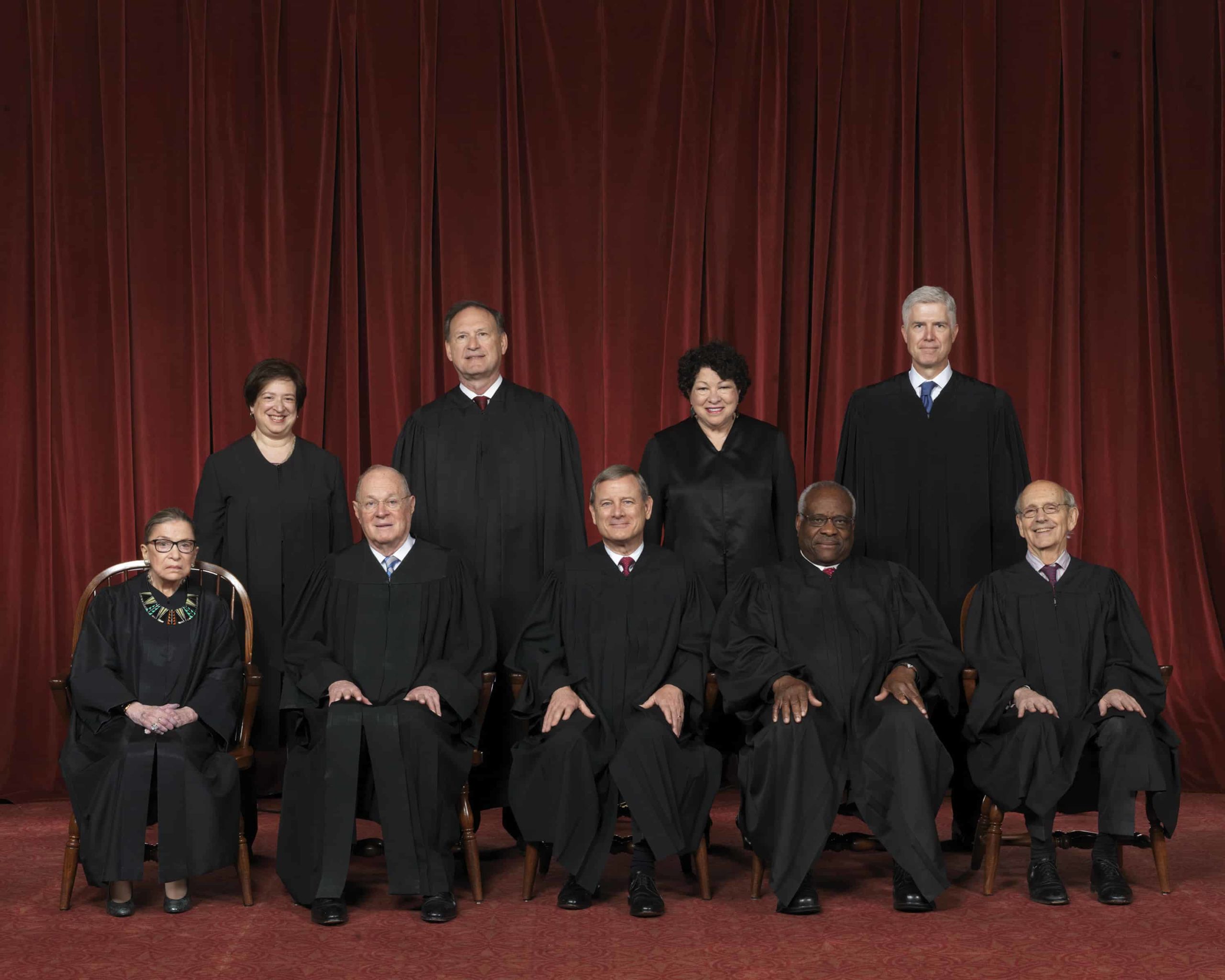U.S. Supreme Court Overturned Quill in Sales Tax Case
Breaking news is out that the U.S. Supreme Court effectively overturned Quill, requiring that many online merchants will have to collect sale tax on out-of-state sales.
Here is the full text of the decision.
This marks a significant change for online sales. We will have a follow-up getting into the details on what this may mean to the average small business seller.
If you liked this article and would like to engage with other small business entrepreneurs selling on marketplaces, join our [the_ad id=”41560″ inline =”1″]. You can also find us on [the_ad id=”41579″ inline =”1″], [the_ad id=”41573″ inline =”1″], [the_ad id=”41575″ inline =”1″], and [the_ad id=”41577″ inline =”1″] or sign up for our newsletter below.
SIGN UP. BE INSPIRED. GROW YOUR BUSINESS.
We do not sell your information. You can unsubscribe at any time.
Richard Meldner
Richard is co-founder of eSeller365. He has over 17 years of experience on eBay which includes tens of thousands of sales to buyers in over 100 countries and even has experience with eBay’s VeRO program enforcing intellectual property rights for a former employer. And for about two years Richard sold products on Amazon using Amazon FBA in the US.
To “relax” from the daily business grind, for a few weekends a year, he also works for IMSA as a professional race official.


Thanks for posting this. I just read the entire decision and (correct me if I’m wrong) but it looks like the only sellers immediately affected are those selling more than $100k or 200 transactions into South Dakota.
If states start coming after smaller sellers then it looks like there will probably more court decisions to come. One of the biggest hurdles for states and retailers alike now (assuming this continues to move forward) is how they’ll handle the crazy tax rates WITHIN each state – South Dakota is one of 20 states that seem to at least be on the right track with this by adopting uniform rules and simplified tax structure.
Still, this is horrible news for all etailers.
We are talking to some people smarter than us to see if we can get a better read on exactly your points. While they stated that SD had those minimum requirements and some other states may agree to stick with them, to me that is not legally binding. Effectively, a state legislature could come up with other rules. At least that is how I read it. And that creates a mess….
I am working on one or two new postings about this for tomorrow. Hopefully, I will get a bit more insight from people I reached out to see if we address those questions as I had the exact same questions.
Thank you for reading our site and commenting on this story.
Richard